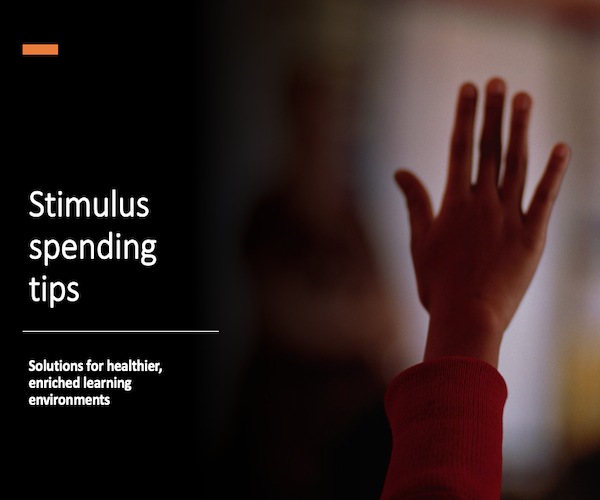Only 19 COVID cases have been confirmed in 2,000-plus Baltimore City Public Schools students and staff since the district launched a weekly, asymptomatic testing program in March.
That accounts for a .95% test positivity rate—well below the 5.6% positivity rate in Baltimore City—among the ninth- and 12th-graders who have taken the saliva-based Shield T3 tests at all 26 Baltimore City high schools.
“These measures … have resulted in ongoing growth in the number of students and families returning to the classroom,” said Dr. Sonja Santelises, CEO of Baltimore City Public Schools.
Students and staff who tested positive, along with close contacts quickly identified through contract tracing, were required to isolate and quarantine. Administrators say this has kept schools open and stifling transmission.
The testing is led by the Consortium of Universities of the Washington Metropolitan Area, which will now expand the program in Baltimore City schools and DC Public Charter Schools with a $1.49 million grant from The Rockefeller Foundation.
“Widespread, regular Covid-19 testing remains critical to safely reopening schools, but standing up a program is challenging for many school districts with limited resources,” said Dr. Rajiv J. Shah, president of The Rockefeller Foundation. “Baltimore City Public Schools serves as a model for how other school districts in the Washington-Baltimore corridor can leverage the consortium testing program to safely reopen America’s schools.”
With the Shield T3 test, saliva is collected in test tubes on site and taken to a laboratory at Gallaudet University, where it is analyzed within 12 hours. The testing costs less than nasal swabs because it does not require medical personnel to collect samples.
The lab can process more than 50,000 Covid-19 tests per week.
The test, developed by scientists at the University of Illinois Urbana-Champaign, is sensitive enough to detect even small amounts of genetic material, including new COVID variants, according to The Rockefeller Foundation.
More than two million of the tests have been administered across the University of Illinois System, which has helped campuses in Urbana-Champaign, Chicago, and Springfield to stay open since August 2020.
In a December 2020 report, The Rockefeller Foundation recommended twice-a-week testing for teachers and staff and once-a-week testing for students—alongside vaccination and other mitigation measures—to restart in-person instruction.
The Foundation’s research also weekly testing of all students, teachers, and staff can reduce in-school infections by 50%.
And the Foundation’s National Testing Action Program, a partnership with 21 testing companies, is operationalizing the$10 billion allocated for school-based in the American Rescue Plan.









